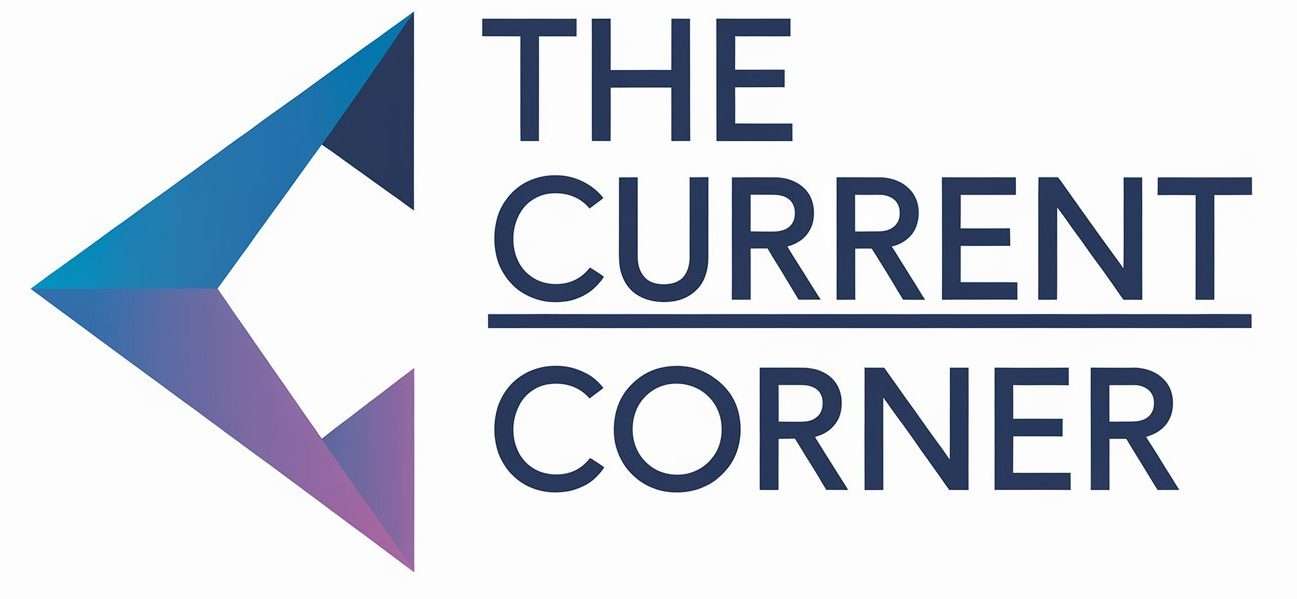how AI is improving healthcare
The healthcare industry is undergoing a seismic shift as AI-powered startups are gaining traction. These companies are leveraging artificial intelligence to improve diagnostics, streamline operations, and provide personalized patient care. From AI-driven telemedicine platforms to predictive analytics for early disease detection, AI is changing the way healthcare is delivered. In this article, we will explore how AI-powered healthcare startups are growing and transforming the medical landscape.
1. AI in Diagnostics: Enhancing Accuracy and Speed
One of the most impactful areas where AI-powered healthcare startups are making a difference is diagnostics. AI algorithms can analyze medical images, such as X-rays and MRIs, more quickly and accurately than human doctors. This leads to faster diagnosis and treatment, improving patient outcomes. How AI is Revolutionizing Medical Diagnostics
Startups like Zebra Medical Vision and PathAI are using AI to detect diseases such as cancer and heart conditions in their early stages. By analyzing massive amounts of medical data, these algorithms can pinpoint abnormalities that may go unnoticed by human eyes. “The Future of AI in Healthcare Diagnostics” to dive deeper into how AI is revolutionizing diagnostic tools.
2. AI-Driven Telemedicine: Redefining Remote Healthcare
Telemedicine has become more prominent in recent years, and AI is playing a crucial role in enhancing its capabilities. AI-powered platforms can provide real-time consultations, analyze patient symptoms, and recommend treatments—all remotely. This allows doctors to reach patients in underserved areas and improves access to healthcare. The Role of AI in Expanding Telemedicine Access
Startups such as K Health and Ada Health are leading the way in AI-driven telemedicine. These platforms use machine learning to match patient symptoms with a vast database of medical cases, offering highly accurate diagnoses and treatment recommendations. This not only reduces the burden on healthcare providers but also gives patients greater control over their health.
Internal Link Idea: Link to an article like “How Telemedicine is Changing the Healthcare Industry” to provide additional insights into the growing field of remote healthcare.
3. AI in Drug Discovery: Accelerating the Development of New Treatments
AI-powered startups are making strides in drug discovery by using algorithms to predict how different compounds will interact with the human body. This allows pharmaceutical companies to test thousands of drug candidates in a fraction of the time it would take through traditional methods, speeding up the process of bringing new treatments to market. AI-Driven Drug Discovery: A New Frontier in Healthcare
Companies such as BenevolentAI and Insilico Medicine are using AI to search for potential drug candidates that could treat complex diseases like Alzheimer’s, cancer, and COVID-19. By analyzing vast datasets, these startups can identify promising drug compounds and predict their effectiveness, helping to cut years off the traditional drug development timeline. “AI in Drug Discovery: How Startups Are Speeding Up Medical Breakthroughs” to explore more about this innovative field.
4. Predictive Analytics: Identifying Health Risks Early
Predictive analytics is another area where AI-powered healthcare startups are making significant progress. By analyzing data from wearable devices, electronic health records, and other sources, AI algorithms can predict health risks and suggest preventative measures. This proactive approach helps in identifying diseases early, reducing the need for expensive treatments and improving patient outcomes. How AI-Powered Predictive Analytics is Changing Preventative Care
Startups such as Cardiogram and AliveCor use AI to monitor heart health, detect irregularities, and alert users before symptoms become severe. This technology allows for early intervention, reducing the risk of heart attacks and other life-threatening conditions. “The Growing Role of Predictive Analytics in Preventative Healthcare” to delve into how AI is reshaping proactive care.
5. AI and Personalized Medicine: Tailoring Treatment Plans
AI-powered healthcare startups are at the forefront of personalized medicine, using machine learning to create customized treatment plans based on a patient’s genetic makeup, lifestyle, and medical history. This tailored approach ensures that patients receive the most effective treatments with fewer side effects. The Impact of AI on Personalized Medicine
Startups like Tempus and Freenome are using AI to analyze genomic data and create personalized treatment plans for cancer and other complex diseases. By understanding how different individuals respond to various treatments, AI helps healthcare providers deliver more effective, targeted “How AI is Shaping the Future of Personalized Medicine”
The Growth of AI-Powered Healthcare Startups is Shaping the Future of Medicine
AI-powered healthcare startups are at the cutting edge of medical innovation. From improving diagnostics to advancing telemedicine and drug discovery, these companies are driving major changes in how healthcare is delivered. As AI technology continues to evolve, we can expect even more groundbreaking developments that will improve patient care, reduce costs, and accelerate the development of new treatments.




